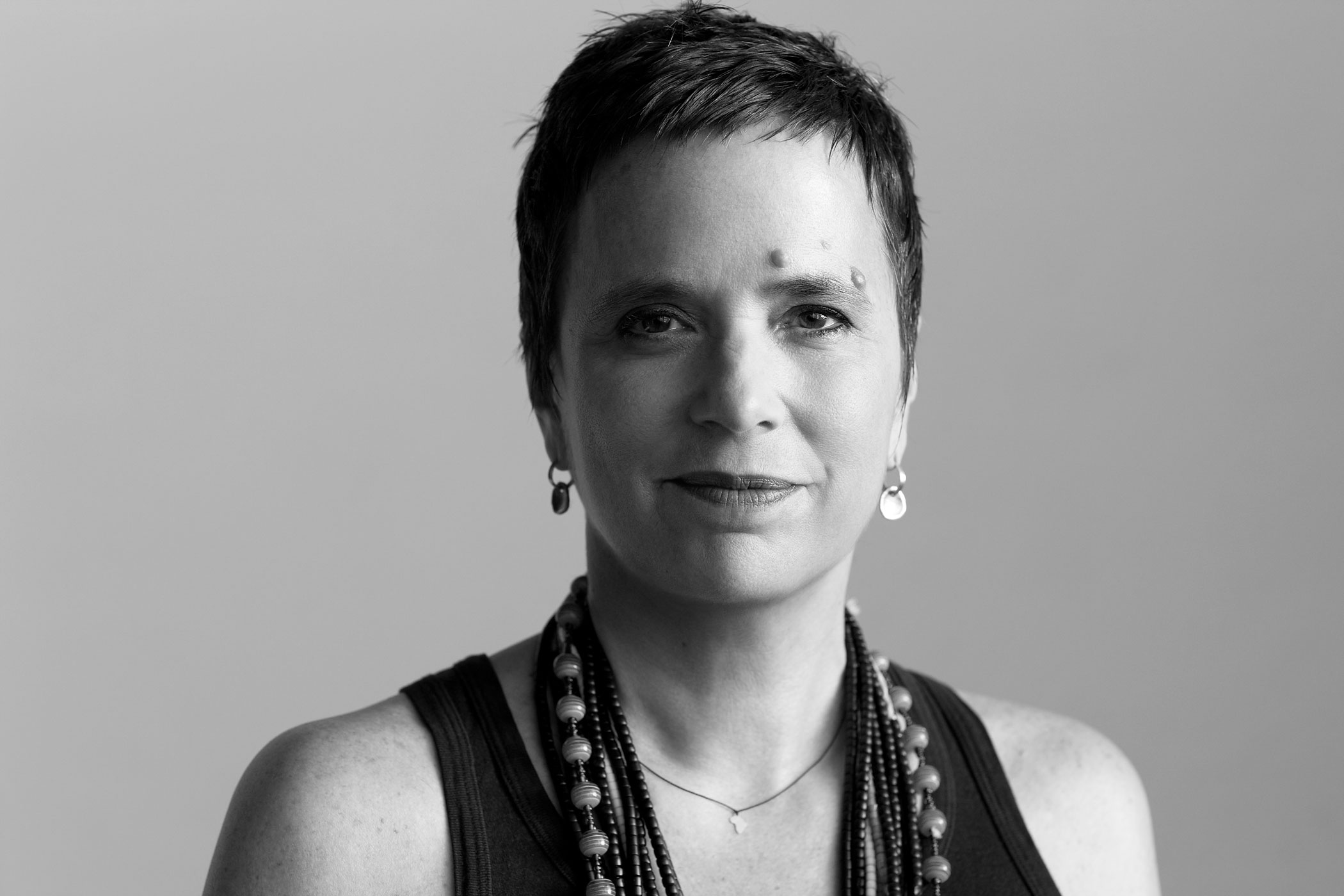
Twenty years ago, when I wrote The Vagina Monologues, it was very difficult to say the word vagina anywhere. The public utterance of the word alone was explosive as so much of the truth about what happened to vaginas was repressed, denied, kept secret, and coated in shame and self-hatred.
Sadly, I would argue, The Vagina Monologues is still relevant here in the U.S. and around the world. Over 51% of the population has vaginas, clitorises, vulvas, and many to this day do not feel comfortable, familiar, free, or endowed with agency over them. One out of three women will experience physical or sexual violence in her lifetime.
Ten years ago, I was thrilled when a group of transgender women decided to do an all-trans production of my play. In preparation for the show, we gathered for days of dialogue and sharing of stories that, at the request of the group, I turned into a theatrical monologue called They Beat the Girl Out of My Boy. Since that first performance in 2004, the monologue has been available for inclusion in the play through V-Day, the global activist movement that grew out of The Vagina Monologues. Offering the monologue to our activists around the world was a deliberate decision on my part to encourage communities to address the needs and realities of the transgender community. Trans women and trans men have been welcome to perform in The Vagina Monologues throughout its history.
So I was surprised to find that students at Mount Holyoke College have decided to retire The Vagina Monologues because they believe it is not inclusive to transgender students. Their statement reads, “At its core, the show offers an extremely narrow perspective on what it means to be a woman … Gender is a wide and varied experience, one that cannot simply be reduced to biological or anatomical distinctions.”
The Vagina Monologues never intended to be a play about what it means to be a woman. It is and always has been a play about what it means to have a vagina. In the play, I never defined a woman as a person with a vagina.
Inclusion doesn’t come from refusing to acknowledge our distinctive experiences, and trying to erase them, in an attempt to pretend they do not exist. Inclusion comes from listening to our differences, and honoring the right of everyone to talk about their reality, free from oppression and bigotry and silencing. That’s real inclusion — to listen to different stories, with curiosity, and love, and respect, in all their particular and distinctive human individuality.
We need to create a loving space for people with vaginas, and women without them, to address our oppressions, desires, and secrets and to simultaneously honor the fact that gender is not based on anatomy or genitalia.
This journey with The Vagina Monologues has been a huge privilege and honor. The play is my offering. Only that. I celebrate and support more and more voices and plays defying, wrestling with, and illuminating the dimensions and definitions of sexuality and gender.
I stand in solidarity with students at Mount Holyoke in their fight against transphobia. I believe this is a beautiful opportunity for us to hear each other’s stories in this ever-evolving journey toward liberation.
More Must-Reads from TIME
- Inside Elon Musk’s War on Washington
- Why Do More Young Adults Have Cancer?
- Colman Domingo Leads With Radical Love
- 11 New Books to Read in February
- How to Get Better at Doing Things Alone
- Cecily Strong on Goober the Clown
- Column: The Rise of America’s Broligarchy
- Introducing the 2025 Closers
Contact us at letters@time.com